On February 28th, 2012 at approximately 5:30 p.m., an emergency room ear, nose, throat doctor (ENT) who treated me for difficulty in breathing gathered my family around him. He reported that the throat cancer he found while inserting a trach tube was at stage 4 and that my prognosis was terminal. They were informed that the only thing they could do was to take me home and make me “comfortable.”
** If our coverage matters to you, please consider supporting our work through our FOSS Force Independence 2026 fundraiser. **
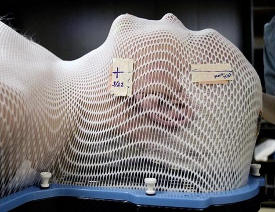 I don’t remember much. Diane, my youngest daughter Amanda, my ex-wife and others were at my bedside. I was heavily sedated and could barely speak. It was a carousel of faces and nurses, all in their own way, trying to bring me comfort. However, my life partner Diane wasn’t having any of the take-me-home-and-make-me-comfortable thing. She would have none of that. She demanded that an oncologist see me.
I don’t remember much. Diane, my youngest daughter Amanda, my ex-wife and others were at my bedside. I was heavily sedated and could barely speak. It was a carousel of faces and nurses, all in their own way, trying to bring me comfort. However, my life partner Diane wasn’t having any of the take-me-home-and-make-me-comfortable thing. She would have none of that. She demanded that an oncologist see me.

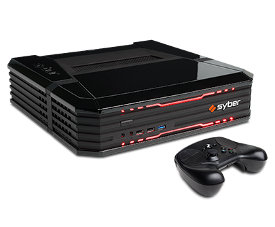


 I don’t remember much. Diane, my youngest daughter Amanda, my ex-wife and others were at my bedside. I was heavily sedated and could barely speak. It was a carousel of faces and nurses, all in their own way, trying to bring me comfort. However, my life partner Diane wasn’t having any of the take-me-home-and-make-me-comfortable thing. She would have none of that. She demanded that an oncologist see me.
I don’t remember much. Diane, my youngest daughter Amanda, my ex-wife and others were at my bedside. I was heavily sedated and could barely speak. It was a carousel of faces and nurses, all in their own way, trying to bring me comfort. However, my life partner Diane wasn’t having any of the take-me-home-and-make-me-comfortable thing. She would have none of that. She demanded that an oncologist see me.
 Really, folks, I get it: Linus Torvalds is a great and historic man, one who changed the world for the better by developing a kernel that put a huge fast-forward on technology for all, on a far-more-level playing field than it could have been with the Linux kernel’s absence.
Really, folks, I get it: Linus Torvalds is a great and historic man, one who changed the world for the better by developing a kernel that put a huge fast-forward on technology for all, on a far-more-level playing field than it could have been with the Linux kernel’s absence.  Members of the popular
Members of the popular 
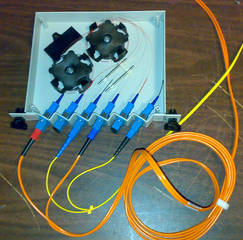
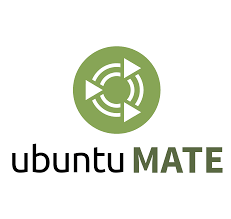
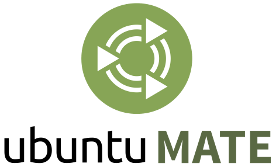 In this latest release, Ubuntu MATE now comes equipped with everything under the hood that Raspbian has to offer and then some. I’ll review some of the best parts about Ubuntu MATE and show why you might want to install Ubuntu MATE instead of Raspbian.
In this latest release, Ubuntu MATE now comes equipped with everything under the hood that Raspbian has to offer and then some. I’ll review some of the best parts about Ubuntu MATE and show why you might want to install Ubuntu MATE instead of Raspbian.
 You know what? I like it here. People my age listened to Jefferson Airplane. Not Starship…Airplane. I’ve had protracted arguments with someone who wanted to argue that Jefferson Starship was the band formed by the kids of Jefferson Airplane. No really…I’m not kidding. Sheesh, even a lame Yahoo search engine will show that to be bologna. But I have to admit it sounds good. The busted meme that is.
You know what? I like it here. People my age listened to Jefferson Airplane. Not Starship…Airplane. I’ve had protracted arguments with someone who wanted to argue that Jefferson Starship was the band formed by the kids of Jefferson Airplane. No really…I’m not kidding. Sheesh, even a lame Yahoo search engine will show that to be bologna. But I have to admit it sounds good. The busted meme that is.
 Although the demo is web-based, the team has been able to construct the software so the entire thing is local, meaning little or no latency between hitting enter and having the text replicated to speech.
Although the demo is web-based, the team has been able to construct the software so the entire thing is local, meaning little or no latency between hitting enter and having the text replicated to speech.